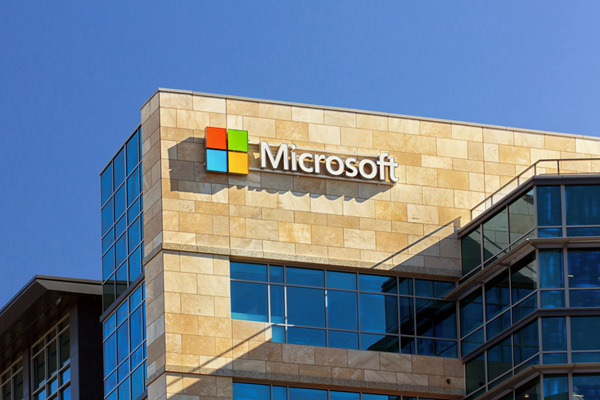Recently, Microsoft has joined hands with industry giants such as Siemens and Bayer to launch dedicated artificial intelligence models for manufacturing, agriculture and financial services, marking another major progress in its strategic layout in the AI field. These models are not general-purpose AI, but are tailor-made to specific industry needs, aiming to solve the problems of inefficiency and inadequate innovation that these industries have long faced, and help companies cope with increasingly fierce market competition and sustainable development challenges. These models have been launched in Microsoft Azure AI directory, making it easy for users to access and use quickly.
Microsoft recently announced a series of artificial intelligence (AI) models specifically targeting the manufacturing, agriculture and financial services industries. These models were developed in collaboration with well-known companies such as Siemens, Bayer, and Rockwell Automation, and aim to introduce advanced AI technologies directly into these industries that have long relied on traditional methods.

These newly launched dedicated models are now available in Microsoft's Azure AI catalog, marking an important step forward in developing AI tools that meet the unique needs of different industries. This move by Microsoft reflects its commitment to delivering solutions that can immediately improve agricultural and manufacturing operations, helping these industries cope with increasing pressure on innovation.
Siemens and Microsoft are particularly prominent in this program, integrating AI into Siemens' NX X design software. Through natural language processing technology, the software allows engineers to issue commands and ask questions in simple language, greatly shortening the time for new users to get started, and also helping experienced engineers complete their work faster.
Microsoft's new initiatives also rely on its small language models (SLMs), which are designed to perform specific tasks while consuming less computing resources. This makes them particularly suitable for manufacturing, especially in factory environments with limited computing resources.
In the field of agriculture, Bayer's ELY crop protection model provides farmers with tools to address complex challenges in modern agriculture. Based on a large number of practical issues related to crop protection labeling, the model provides farmers with advice on how to use pesticides best, taking into account regulatory requirements and environmental conditions.
In addition, Microsoft's AI model has expanded into the automotive and financial sectors. Automotive technology company Cerence will use these AI models to enhance the functionality of the on-board system so that drivers can control the various functions of the car even when cloud connections are limited. In the financial field, Saifr, a compliance technology startup owned by Fidelity Investments, has launched a model that can analyze broker communications in real time, helping financial institutions manage compliance risks more effectively.
Through these industry-specific AI models, Microsoft demonstrates its ambitions in AI and cloud computing, hoping to provide important opportunities for global manufacturers, agricultural producers and financial institutions facing supply chain disruptions, SDGs and regulatory pressures support.
Points:
Microsoft has cooperated with industry leaders such as Siemens and Bayer to launch dedicated AI models for manufacturing and agriculture.
The new AI model adopts a small language model, which is suitable for factory environments with limited computing resources and improves productivity.
Bayer’s AI tools provide farmers with crop protection advice, helping modern agriculture meet complex challenges.
In short, Microsoft's move marks the in-depth development of its AI strategy into vertical industries. By cooperating with industry giants, it provides more accurate and efficient AI solutions to help digital transformation and upgrading in various industries, and ultimately achieve the goal of intelligent industrial upgrading. This will have a profound impact on future industrial development.